GPCRs / 7-TM Receptors
Tocris Bioscience is your Trusted Supplier for Innovative and High Performance Life Science Reagents
Browse by Research Area
Innovative tools for life science research
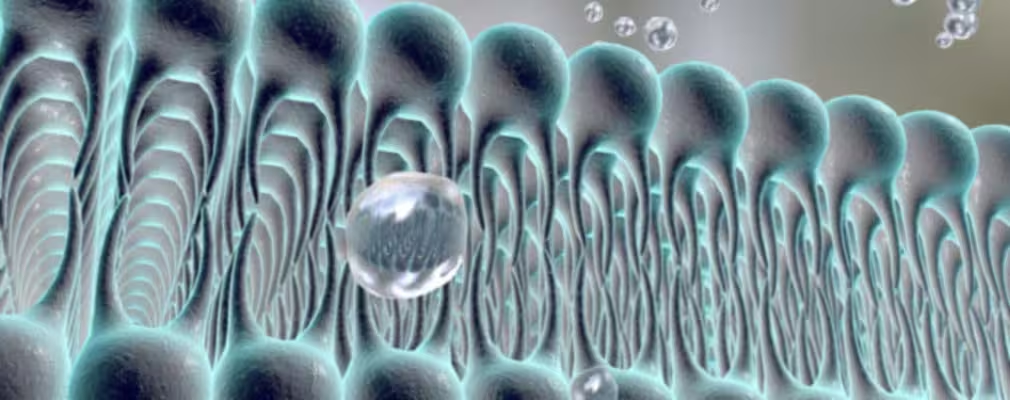
Pharmacology
Pharmacology is the study of interactions between drugs and biological systems. It is also the study of drug sources and their intrinsic properties. Most drugs act on defined pharmacological targets in order to exert their effects. The term drug is intended to mean any substance that alters normal biochemical function. Drugs with medicinal properties are termed pharmaceuticals. Tocris products are categorised according to pharmacological activity. Click on any link below for further information.
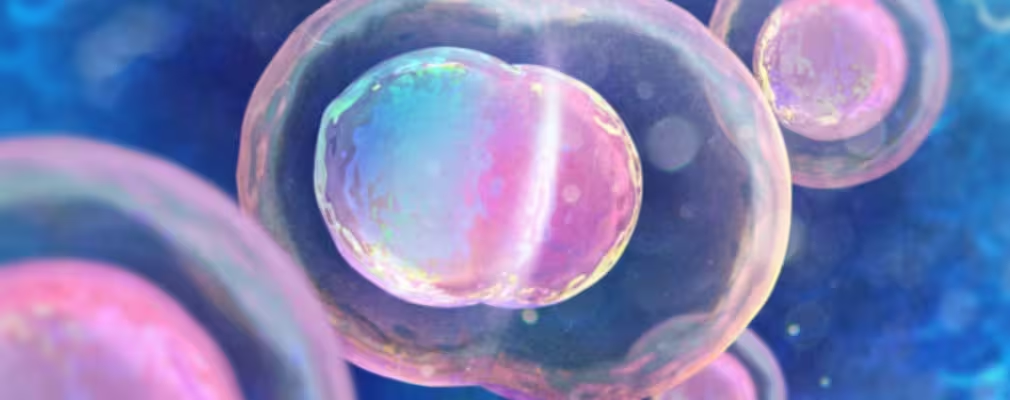
Cell Biology
Cell biology is the study of the formation, structure, function, communication and death of a cell. Studying processes that occur within a cell, such as replication, energy conversion, molecular transport, and intra- and intercellular signaling, is vital to understanding many disease states.
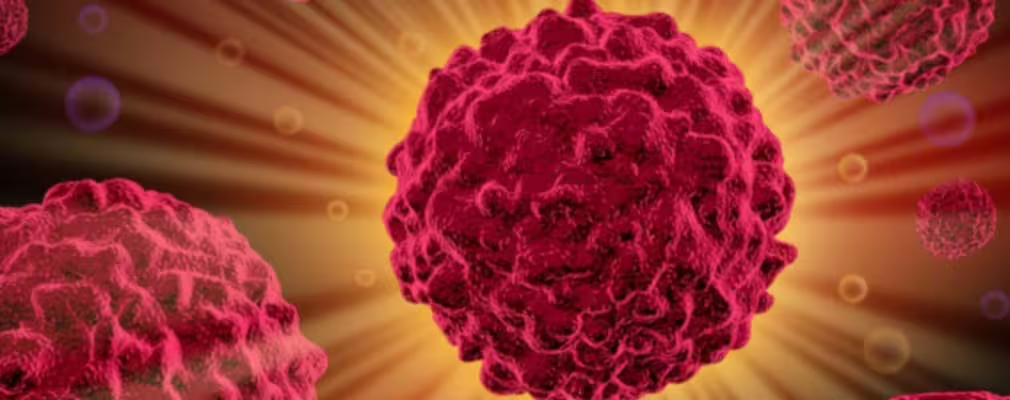
Cancer Research
Cancer is a term used to define a group of diseases in which abnormal cells divide without control, are able to invade neighboring tissues/organs and metastasize. Cancer has been characterized by six hallmarks; self sufficiency in proliferative growth signals, insensitivity to growth inhibitors, evasion of apoptosis, limitless replicative potential, ability to develop blood vessels (angiogenesis), and tissue invasion and metastasis.
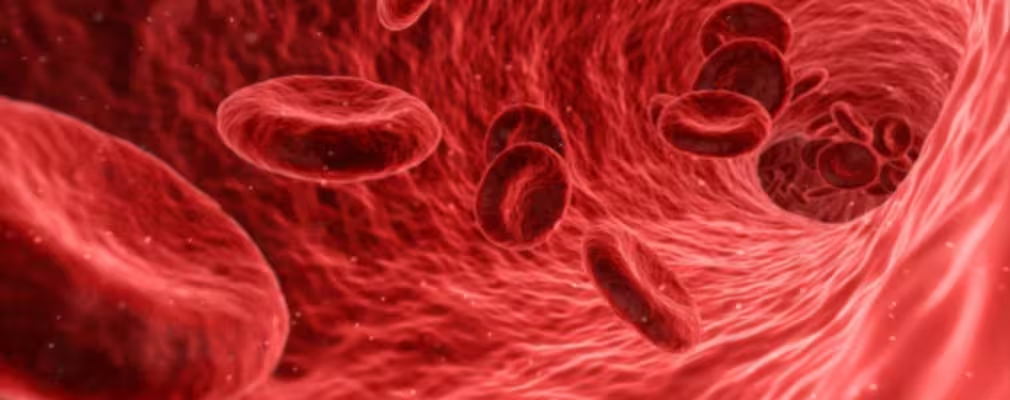
Cardiovascular System Research
The cardiovascular, or circulatory, system is a closed elastic circuit consisting of the heart, blood vessels (arteries, capillaries and veins) and the blood. The primary function is to pump oxygenated blood to the tissues throughout the body and reabsorb waste carbon dioxide for its removal. This function is performed by the use of pulmonary and systemic circulation.
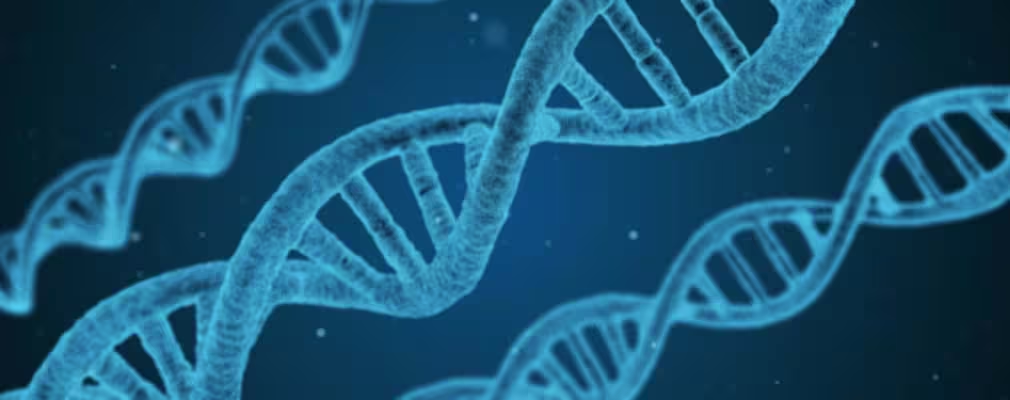
Epigenetics
Epigenetics can be defined as acquired changes in chromatin structure that arise independently of a change in the underlying DNA nucleotide sequence. Epigenetic modifications - including acetylation, methylation, phosphorylation, and ubiquitination amongst others - alter the accessibility of DNA to transcription machinery and therefore influence gene expression. Ongoing research is revealing the extent of the influence of epigenetics in disease states, and continues to provide a wealth of novel therapeutic targets.
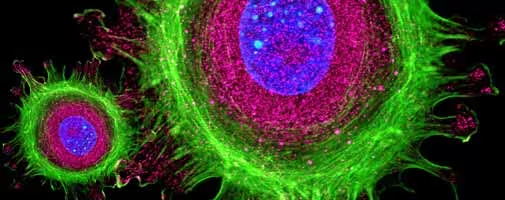
Fluorescence Imaging
Tocris offers a broad range of fluorescent and bioluminescent reagents, to facilitate the visualization of sub-cellular components in live and fixed cells with high sensitivity and selectivity. The product range includes fluorescent probes, dyes and indicators.
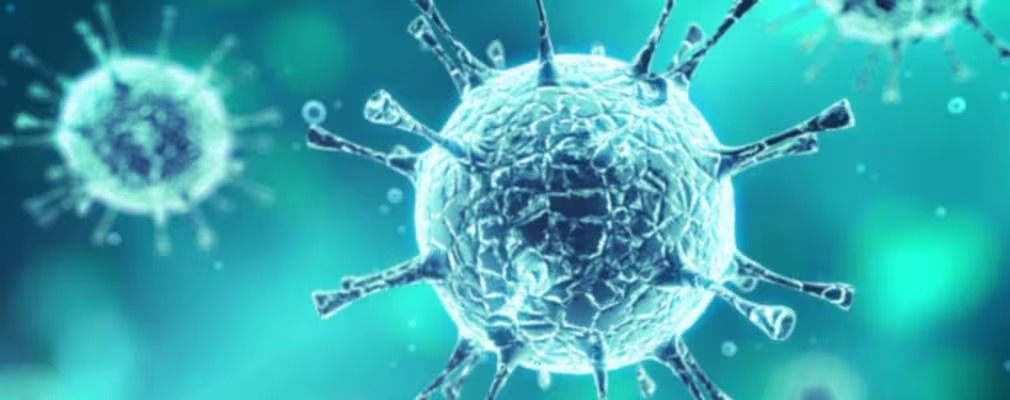
Immunology Research
Immunology is a branch of science that studies all aspects of the immune system, ranging from normal physiological functioning through to malfunctions which can lead to immunological diseases. Disorders that result from aberrant activation of the immune system are termed autoimmune diseases.
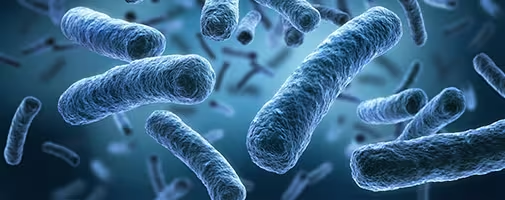
Infectious Disease Research
Infectious diseases are caused by the invasion of an organism's tissues by pathogenic microorganisms, such as bacteria, viruses, fungi, protozoa or other parasites and prions. The study of these microorganisms is known as microbiology. Upon infection by a pathogen the body mounts a protective immune response, which is either innate, i.e. non-specific, or adaptive, i.e. acquired and highly specific.
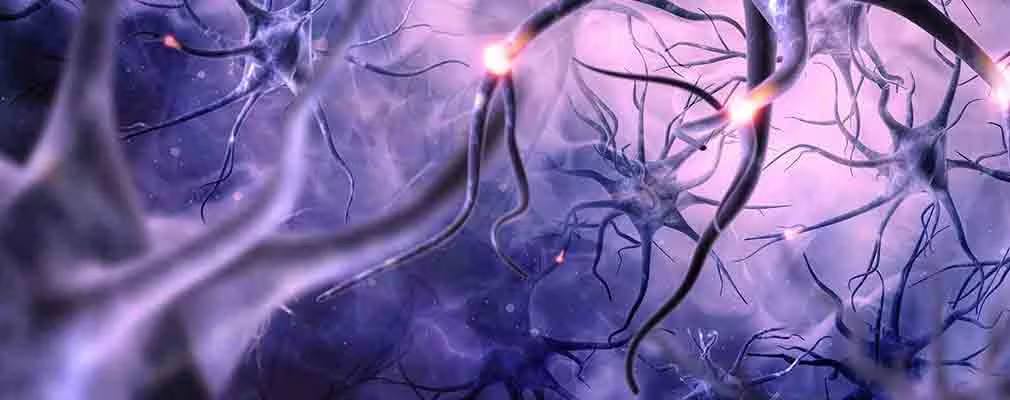
Neuroscience Research
Neuroscience is the study of the nervous system - one of the major mammalian systems responsible for sustaining life. The central nervous system (CNS) and peripheral nervous system (PNS) work in concert to coordinate basic functions such as moving and breathing, as well as 'higher order' functions including thought, speech and emotion.
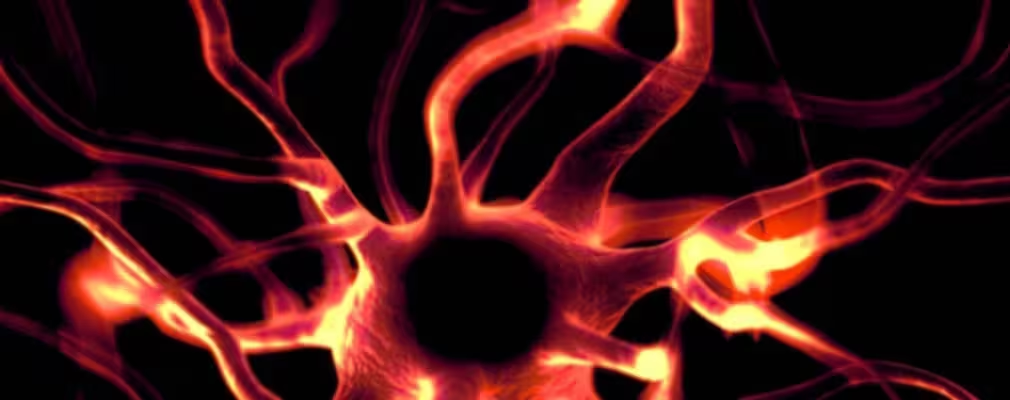
Pain and Inflammation Research
Although separate conditions, pain and inflammation are nearly always associated with each other. Pain is defined by the International Association for the Study of Pain (IASP) as 'an unpleasant sensory and emotional experience associated with actual or potential tissue damage, or described in terms of such damage'. Inflammation is the tissue's immunologic response to injury, characterized by mobilization of white blood cells and antibodies, swelling, and fluid accumulation.
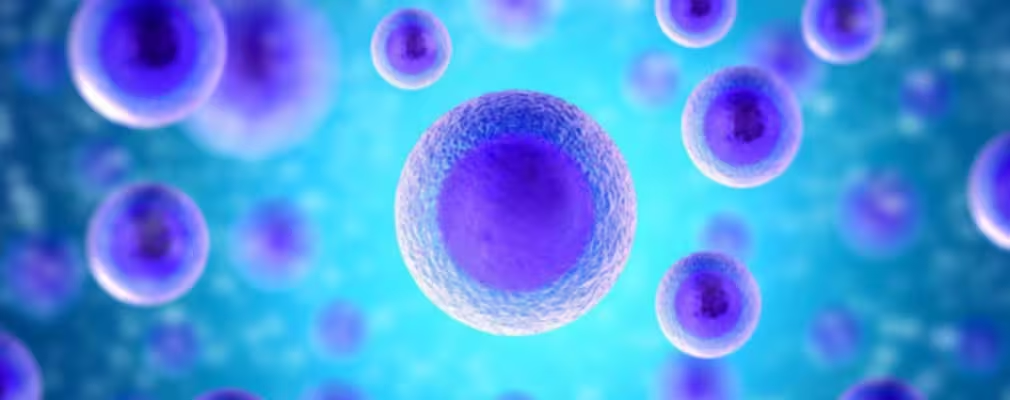
Stem Cells
Stem cells are unspecialized cells that are capable of self-renewal through mitotic cell division, even after long periods of inactivity. Stem cells may be induced to form more specialized cells of a tissue or organ by a process termed cellular differentiation, which is defined by the potency of a cell.
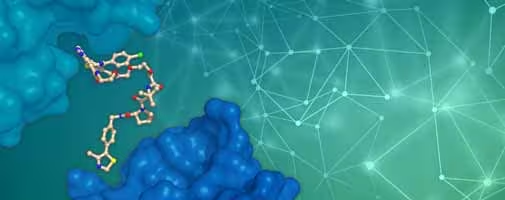
PROTAC® Degraders & Targeted Protein Degradation
Targeted Protein Degradation (TPD) refers to the use of heterobifunctional small molecule "degraders" (e.g. PROTAC molecules) to achieve knockdown of target proteins within cells. PROTACs, also known as Active Degraders, consist of binding moieties for an E3 ubiquitin ligase and a target protein joined by a linker. The binding of both moieties results in the formation of a ternary complex between target protein and E3 ligase, leading to polyubiquitination of the target protein.
PHARMACOLOGY
-
-
Enzymes
-
Ion Channels
-
Nuclear Receptors
-
Transporters
-
Other Pharmacology
CELL BIOLOGY
-
Angiogenesis
-
Cell Cycle
-
Cell Metabolism
-
Cytoskeleton & Motor Proteins
-
ECM & Adhesion Molecules
-
Epigenetics
-
Regulated Cell Death
-
Signal Transduction
-
Signal Transduction
PRODUCT TYPE
-
Aptamers
-
Chemogenetics
-
Controlled Substances
-
Fluorescence Imaging
-
GMP & Ancillary Material Grade Small Molecules
-
Optopharmacology
-
Peptides
-
PROTAC® Degraders & Targeted Protein Degradation
-
Reagents
-
Small Molecules
-
Stapled Peptides
-
Tocriscreen™ Compound Libraries
-
Toxins
RESEARCH AREA
-
Cancer Research
-
Cardiovascular System Research
-
Cell and Gene Therapy Research
-
COVID-19 Research
-
Endocrinology Research
-
Immunology Research
-
Infectious Disease Research
-
Neuroscience Research
-
Pain and Inflammation Research
-
Respiratory System Research